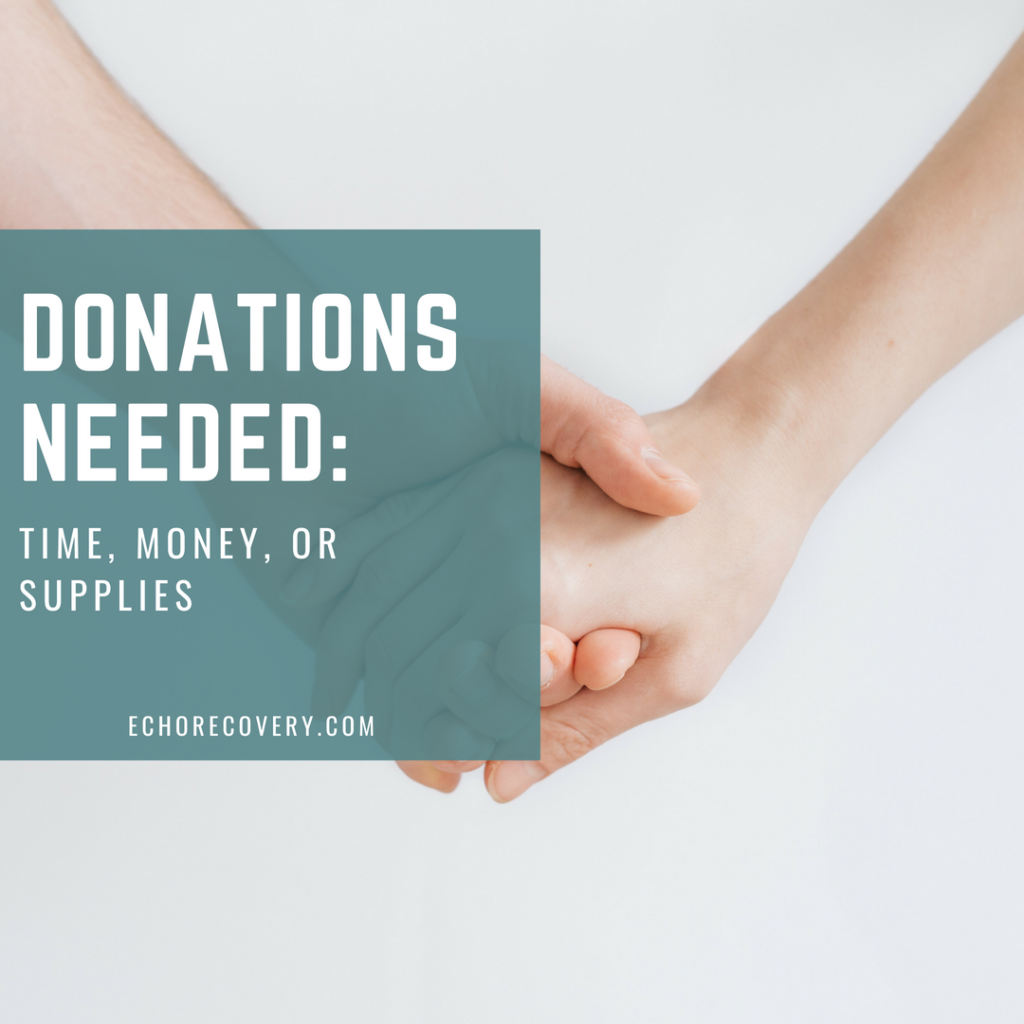
With provisions in the Affordable Care Act (ACA) requiring insurers to cover substance abuse treatment in policies, it would seem like more people would have access to treatment. However, while the ACA rules did initially cover some forms of addiction treatment, and did give some easier access to substance abuse treatment, shortfalls in availability of treatment again resurfaced.
Fraudulent practices among certain addiction treatment providers – looking to take advantage of insurance provisions for substance abuse treatment set-forth by the ACA – actually worsened things in the long run. Today, many insurance companies are delaying payments to addiction treatment providers, or are scrutinizing the types of treatments that they cover.
The Need for Affordable Addiction Treatment and Transitional Housing in United States
The mistakes that were made in the wake of the ACA requiring addiction treatment to be covered by insurance have led to lessons-learned. The initial abuses taught us that insurance covering lengthy stays at 5-star luxury residential addiction treatment centers was not a sustainable option – and dried up funding available for treatment. In order to effectively treat the addiction epidemic in America, we need affordable addiction treatment options that are sustainable and easily accessible.
Pennsylvania Transitional living and housing for those that are in treatment and recovery from addiction is one of the most sustainable forms of residential treatment that has been considered recently. By making housing available for those that are receiving outpatient treatment for addiction, the housing costs can be separated from the treatment costs.
Residential addiction treatment centers often bundle the services they offer into a sort of rehab package. The package might offer treatment at a set price and for a set amount of time. Residential treatment is often not covered by insurance because the housing is bundled into the price of treatment. With outpatient addiction treatment, however, there are no housing costs – only the cost of treatment. This makes outpatient treatment the most attractive option of treatment to insurers, and can make treatment available to more people, more quickly.
Do Transitional Housing Addiction Treatment Facilities Have a Bad Reputation?
Transitional housing facilities, sober living homes, and halfway houses got a bad reputation in the early days of the opioid epidemic and the Affordable Care Act. Those abuses and fraudulent behaviors in the addiction treatment industry that we mentioned? Many of those cases occurred under the guide of “sober living homes.”
Just because “Sober living homes” are what the fraudsters marketed themselves as, does not mean that all sober living homes are involved in negative behaviors. In fact, cases of abuses in the system were found in many types of addiction treatment programs including residential treatment centers, luxury rehabs, and even in urinalysis and drug testing clinics.
So Why Did Transitional Housing and Sober Homes Get a Bad Name?
In the backlash against the programs that were at the center of fraud claims after 2008 and the Affordable Care Act offering treatment coverage, a marketing campaign was born to paint sober living homes in a bad light. The general public was made to believe that they could avoid fraudulent behavior and dangerous scams with addiction treatment if they only sent their loved ones to a “residential treatment center.”
While many residential treatment centers were able to use these unfortunate past events as a sales point to get concerned families to pay more for a program that was not labeled as sober living; in essence, the residential treatment centers were offering the same type of treatment as sober living programs: an addiction treatment program offering substance abuse counseling and treatment with housing (room and board).
The Need for Affordable Addiction Treatment and Transitional Housing in Pennsylvania
In Pennsylvania specifically, a lack of available housing options is making access to affordable addiction treatment even scarcer. Many Pennsylvania residents are from poorer communities, and even some of those families from the “middle class” communities can’t afford the $20,000+ price tags of residential addiction treatment programs in PA.
Those living in towns like Braddock in Allegheny County, or Edgewood in Northumberland County need access to more affordable forms of substance abuse treatment and care – and transitional housing and sober living homes are a great option for these communities.
Why Transitional Housing and Housing for Substance Abuse Treatment Needs Funding in Pennsylvania
In order to bring more transitional living options to Pennsylvania, Maryland, and the areas of the East Coast that have been hit hardest by the addiction epidemic, it takes donations. ECHO Recovery (East Coast Housing Opportunities), is currently accepting donations to bring our dream of having more available housing in Pennsylvania available to families that are struggling with drug and alcohol addiction.
We humbly ask for donations of time, money, or supplies to help us expand our availability of housing options to Pennsylvania and the East Coast.
Jenny Weatherall is the co-owner and CEO of Eminent SEO, a design and marketing agency founded in 2009. She has worked in the industry since 2005, when she fell in love with digital marketing… and her now husband and partner, Chris. Together they have 6 children and 3 granddaughters.
Jenny has a passion for learning and sharing what she learns. She has researched, written and published hundreds of articles on a wide variety of topics, including: SEO, design, marketing, ethics, business management, sustainability, inclusion, behavioral health, wellness and work-life balance.



